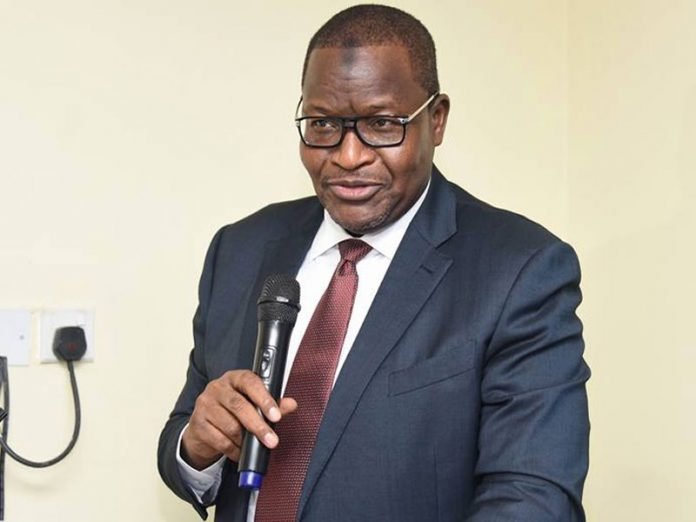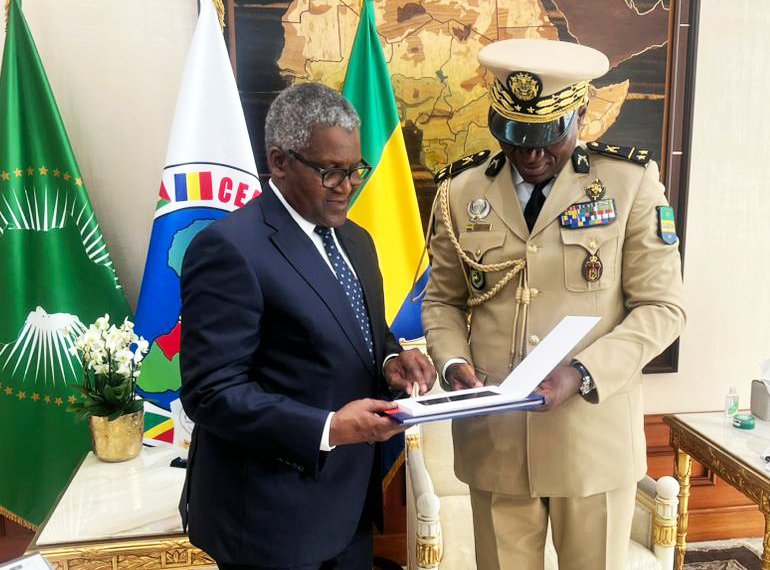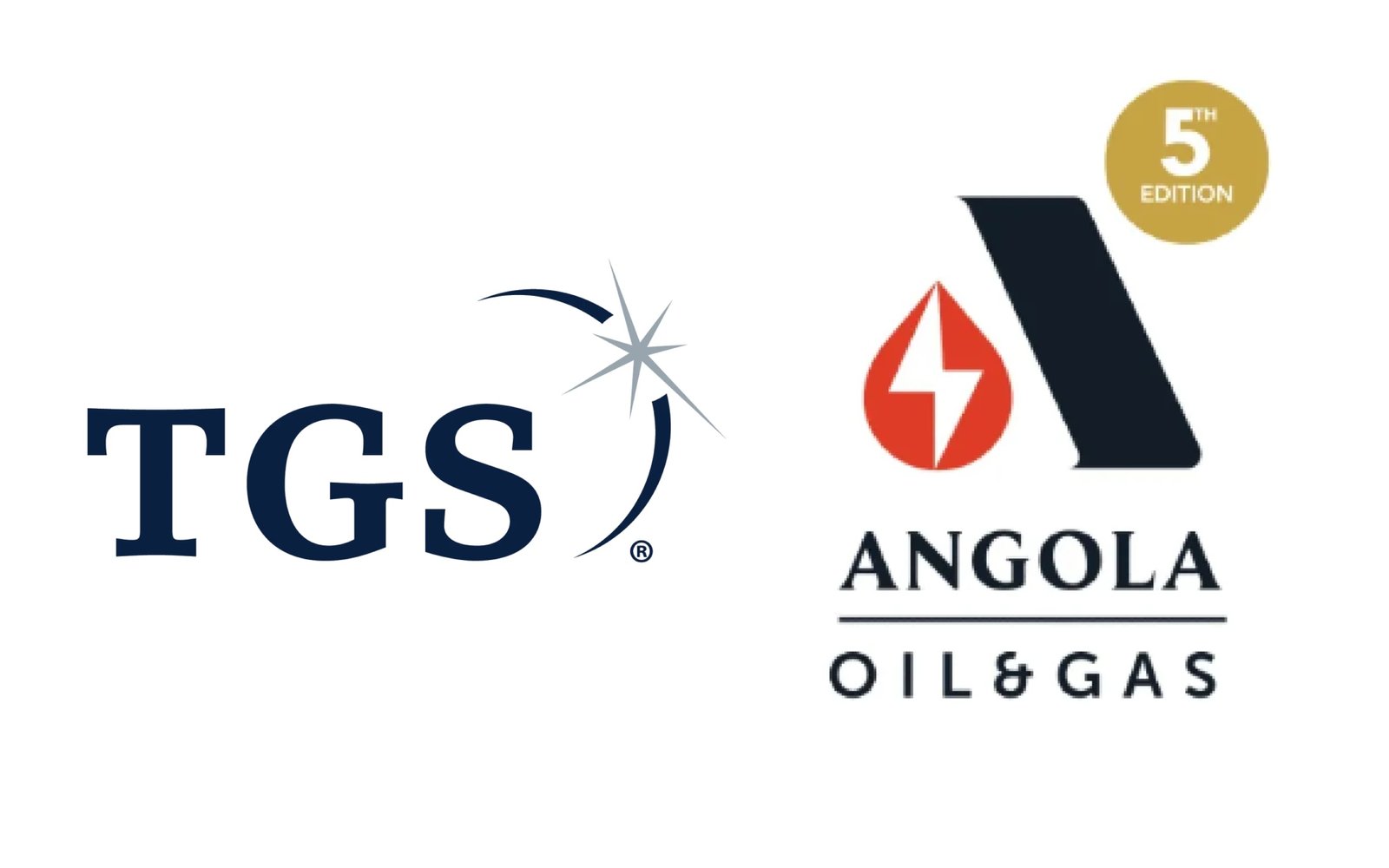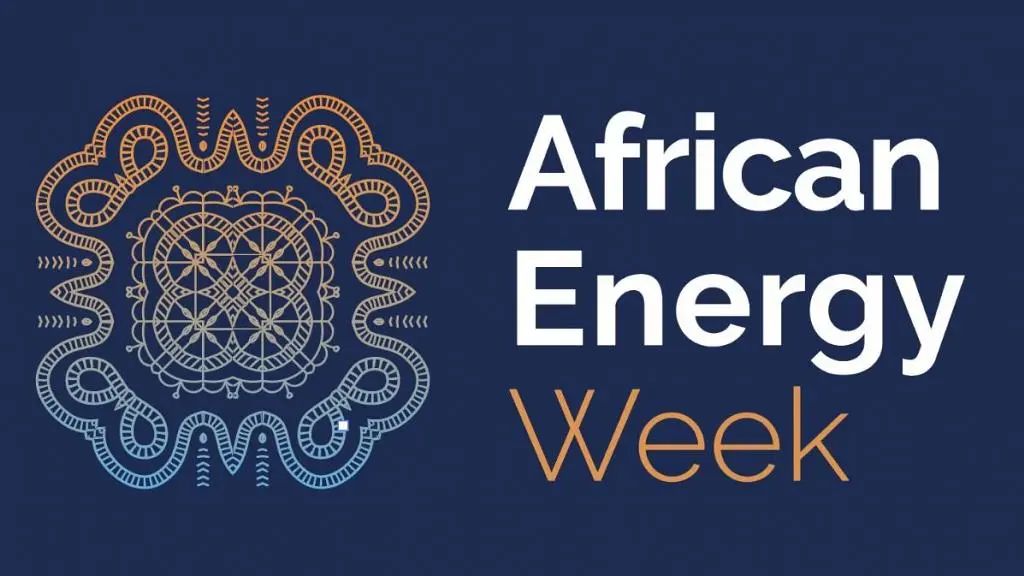Why Cost-Based Study on International Termination Rate Determination became imperative — NCC
By Eyo Nsima
The Executive Vice Chairman, Nigerian Communication Commission, NCC, Prof. Umar Garba Danbatta, explained why the cost-based price of Mobile International Termination Rate (ITR) became imperative.
Speaking at the final Stakeholders’ Forum for the presentation of the study on cost-based pricing of mobile ITR, undertaken by Messrs Payday Advance and Support Services Limited, in Abuja, June 8, 2021, the Executive Vice Chairman of NCC, Prof. Umar Garba Danbatta, said the cost-based the study became imperative, following previous efforts at finding an optimum price for the termination of international voice services that will be beneficial to all relevant industry stakeholders.
Specifically, he said: “the overriding need for regulatory options and intervention in relation to the international termination rate in the voice market segment is predicated on some intractable challenges, most common with economies with severe macroeconomic volatility such as ours.”
According to him, in 2013, the Commission issued a Determination stating that mobile Termination Rates (MTR) are the same irrespective of where the call originated. He, however, stated that this was misconstrued by operators at that time to mean that ITR should be the same rate as the MTR, consequently ignoring the international cost portion.
“Arising from these is the persistent fact that Nigeria’s ITR is below that of most countries with which it makes and receives the most calls, making Nigerian operators perpetual net payers. The obvious implication of this is seen in the attendant undue pressure on the nation’s foreign reserves, which continue to get depleted by associated net transfers to foreign operators on account of this lopsidedness.”
Danbatta further stated that regulating the ITR is imperative for developing countries, such as Nigeria, with volatile currencies in order to prevent or mitigate the imbalance of payments with international operators.
He also said the Commission was faced with the challenge of arriving at a rate that will balance the competing objectives of economic efficiency while, at the same time, allowing operators the latitude to generate reasonable revenues.
He informed the forum, however, that “where ITR is not regulated, it tends to converge to the MTR and for a market like Nigeria with major supply-side challenges, the socio-economic implications, and attendant backlash can only be imagined.”
Similarly, the Director, Policy, Competition and Economic Analysis, NCC, Yetunde Akinloye, noted that the study was intended to complement and consolidate the initial work done by the Commission which had also culminated in the MTR Determination published in June 2018.
She said the ITR previously determined was based on actual benchmarking with countries of similar characteristics to Nigeria, but the findings from that study were faced by major national macroeconomic management challenges, ultimately pointing to the need for an ITR that is cost-based, consistent with the MTR.
ITR is the rate paid to local operators by international operators to terminate calls in Nigeria as contrasted with MTR, which is the rate local operators pay to another local operator to terminate calls within the country.








